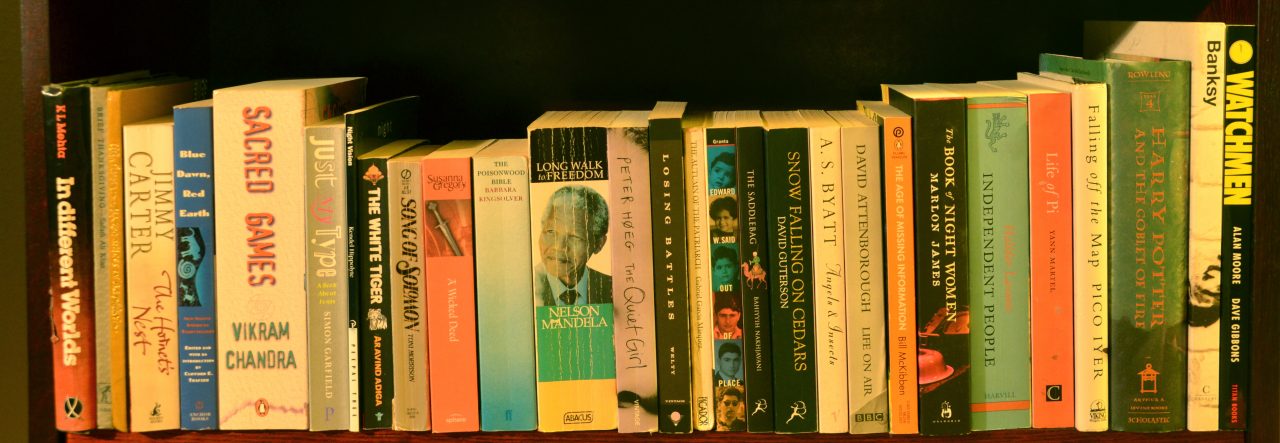Translated from Serbian by Ellen Elias-Bursać
Published by Restless Books, 2018, 197 pages. Original version published in 2010.
“We had no choice but to continue doing what we’d come there to do: guard and watch over the passing of people and goods through the checkpoint. To be honest, we hadn’t even been told whether the checkpoint was on a border lying between two countries or along a line dividing two villages. Perhaps it didn’t matter. A soldier’s duty, after all, is not to reason why…”
A company of soldiers and their commander are sent to guard a checkpoint. Having been driven there at night, they do not know where they are, or even why they are there. They have no way of communicating with the outside world. When they finally manage to tune their radio to a station, the language they hear is not one they are familiar with. They have no idea who or where the enemy is. The checkpoint is on top of a hill, with paths leading away from it in both directions. Around them is forest.
Things start to go wrong. One of their soldiers is found in the outhouse with his throat cut. Men sent into the forest to investigate do not return. There are reports of farmers in the outlying areas being massacred. A stream of refugees turns up, speaking a language the soldiers cannot understand.
But who is the enemy? At first, the company is convinced that their enemy is lurking in the forest, picking them off. The commander sends Mladen—the only soldier who knows the forest well enough to survive it—to investigate. Mladen reports that there are fighters from at least three different armies in the forest, some of whom are possibly from the same army as the company, although he cannot be sure.
By stripping away whatever logic justifies an armed conflict, David Albahari brings to the fore the brutality, violence and mindlessness of war. All the elements of war are here: rape, massacre, murder, bombs, refugees, bureaucracy (yes, in the midst of all this, there are still forms to fill out). By withholding information on who is fighting whom and why, Albahari highlights the absurdity and pointlessness of conflict.
The book is written in a long, single paragraph, which is not as difficult to read as I had thought it would be. Ellen Elias-Bursać’s translation keeps the language simple and direct. It appears to be narrated by one of the soldiers, but he is not a strong presence.
In spite of the violence, there is plenty of humour, some of it black. The commander is a sensitive man, liable to burst into tears, something he has to control. But he is also full of himself. “[L]ike many other men, the commander fancied himself the master of a fatal gaze others could not resist, especially if the gaze came after a long pause, with the slow removal of his glasses.”
The book reads almost like a fable. In keeping with the form, the characters are fairly flat and two-dimensional. None of them is named, except for Mladen. And he actually does feel more real than the others.
This is an absurdist novel, funny and brutal. And not one that is easily forgotten.


Pingback: The Best Books of 2022 – Talking About Books